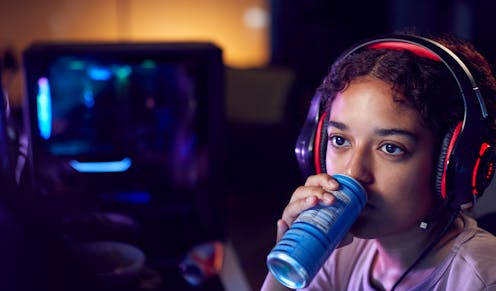
30+ events, new sunrise and wellness experiences, 20+ chefs and a headline Michelin-star line-up...

A review of the Oztent RV "30 second tent" range. Three years ago we bought an RV-4 from BCF Mack...

As we settle into 2026, the concept of the "dream home" has fundamentally shifted. The focus has m...

For many Australian homeowners, the dream of a "Grand Designs" transformation is often checked by ...

There is a unique magic to the multi-generational holiday. It is a rare opportunity where gr...

Fans of Married At First Sight UK and Married At First Sight Australia are about to see the expe...

Two indulgent Aussie Angus burgers – plus the arrival of Kirks Lemon, Lime & Bitters – the ...

After just three rate cuts in 2025, interest rates have risen again[1] in Australia this year. I...

Just Five Minutes More a Day Could Prevent Thousands of Deaths, Landmark Study Finds
Small, rea...


















